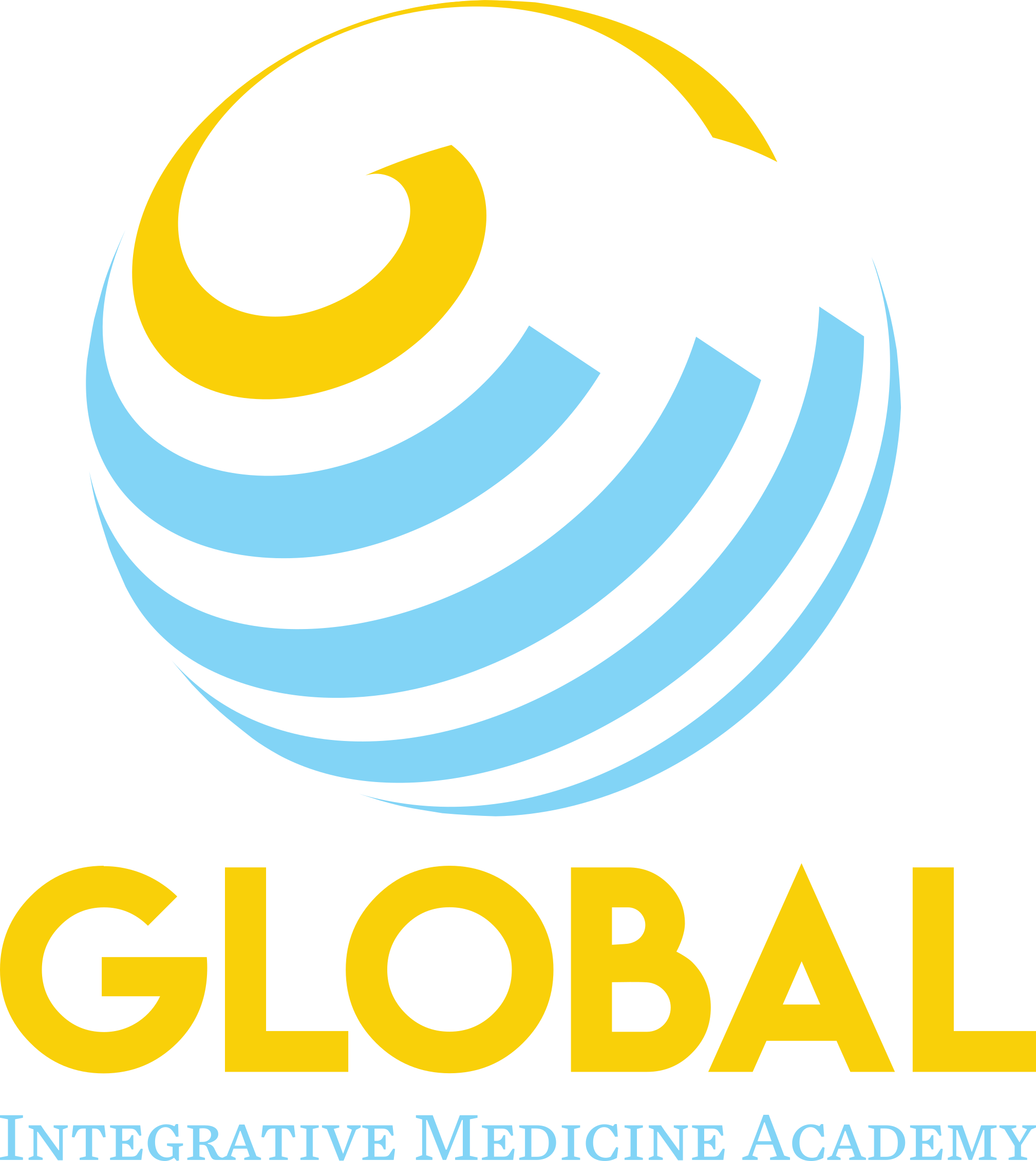Essentials of Pharmacology
$180.00
Courses Included
Health practitioners routinely ask clients about their present use of prescription and over-the-counter medications during the intake exam and thus, clients expect them to know how drugs influence the physiology of the body or may interact with various supplements, dietary practices, adaptations to exercise and/or hands-on treatment.
Length of Course: 6 hours 39 minutes
Teaching Method
System Requirements
Application Type : Web-based
Compatible Browser : Google Chrome, Mozilla Firefox
Limited Compatibility : Internet Explorer (no support for IE browser)
Operating System : Windows, Mac (any browser supported)
Mobile Device : Responsive website so support any mobile device
Tablet Device : 15″ recommended
This seminar educates healthcare professionals on the use of commonly prescribed medications and compares the action and efficacy of these drugs to specific nutritional supplements in regards to the mechanism of action, adverse side effects, clinical efficacy, and contra-indications. Many practitioners are aware that nutrition, exercise, and targeted supplementation interventions may, in some cases, reduce or eliminate a client’s requirement for certain medications, or act as complementary agents to enhance the management of the client outcomes. This program provides an evidence-based review of this subject comparing drugs and supplements that are effective agents in the management of common health conditions. DC’s and other health practitioners routinely ask clients about their present use of prescription and over-the-counter medications during the intake exam and thus, clients expect them to know how drugs influence the physiology of the\
Health practitioners routinely ask clients about their present use of prescription and over-the-counter medications during the intake exam and thus, clients expect them to know how drugs influence the physiology of the body or may interact with various supplements, dietary practices, adaptations to exercise and/or hands-on treatment.
Topics Covered and Hourly Breakdown Of Course:
Hour 1:
Antihypertensive Agents (Diuretics, Beta-Blockers, Calcium Channel Blockers, ACE-inhibitors, ARB’s)
Hour 2:
Hypercholesterolemic and Hyperlipidemic Agents (Stains, Bile Acid Sequestrants, Fibric Acid derivatives, Niacin)
Hour 3:
- Anti-coagulants
- Angina Management
- Congestive Heart Failure Management
- Analgesics And Sedatives, Including Headache and Migraine Management
Hour 4:
- Muscle Relaxants
- Anti-Anxiety and Sleep Aids
- Menopause, PMS Management
Hour 5:
- Erectile Dysfunction Agents
- Benign Prostatic Hyperplasia Managment
- Gastro-Intestinal Conditions: Antacids, H2 Antagonists, Proton Pump Inhibitors, Laxatives
Hour 6:
- Anti-depressants
- Hypothyroidism and Hyperthyroidism Management
- Antibiotics, Anti-fungal, Anti-viral Agents (Common infections, acne, rosacea herpetic lesions, cankers etc)
Hour 7:
- Asthma Management And Antihistamines
- Osteoporosis Managment
- Parkinson’s disease Management
- Dementia, Alzheimer’s disease Management
Hour 8:
- Gout Management
- Oral Contraceptives
- Anti-convulsant/Anti-epileptic Agents
- Key Drug-Nutrient Interactions
Learning Objectives:
- The student will have a solid, scientific understanding of how the all the major classes of drugs work in the body.
- The student will have the skills to identify common and highly relevant adverse drug side effects.
- The student will have the skills to use diet and supplementation interventions, in conjunction with the patient’s medication program, to enhance clinical outcomes and guard against important drug-nutrient interactions.

